"What type of
photographer do you want to become?"
Time for a
new camera? How to choose?
| There's
plenty of advice on the internet and the salesman in the local
store will have his ideas on guiding you how to part with your money,
but for what its worth here's my view as to the most important thing to
consider - |
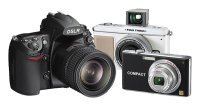
|
"Don't think camera, think lens"
I've owned dozens of cameras - most of them acquired during the digital
age. Without any doubt, the best images I have produced were taken
through the best lenses.
Digital camera bodies are constantly improving. Buy a new camera body
today and it
will be superseded in a month or two. Lenses are also improving but at
a far slower rate. I bought my best
standard lens three years ago and it still gives me top notch results
which I can enlarge to barn door size if need be.
Which is the best? The most you can afford - lenses are like that - you
get what you pay for. Which make? Obviously it depends on whether you
already have experience
with a particular manufacturer but it's worth checking to see whose are
earning the industry awards -
www.tipa.com
The other question that needs to be considered is what type of new
camera
should you buy? Generally speaking, cameras fall into three categories
-
Compact
(including mobile phones},
Bridge
and
DSLR.
Compacts
tend to be the cheapest, have a lens fixed to the camera which
can usually be zoomed (telescoped) and offer some means of setting the
camera automatically to suit the subject to be photographed.
As the
name implies, most of them will fit into a pocket or small bag. |
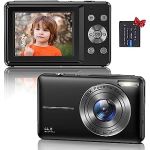 
|
Bridge cameras also
have a lens fixed to the camera which can be zoomed
but the quality of the lens is usually better.
They have far more
flexibility when it comes to adjusting the settings to suit the
subject and often have better video capability. |
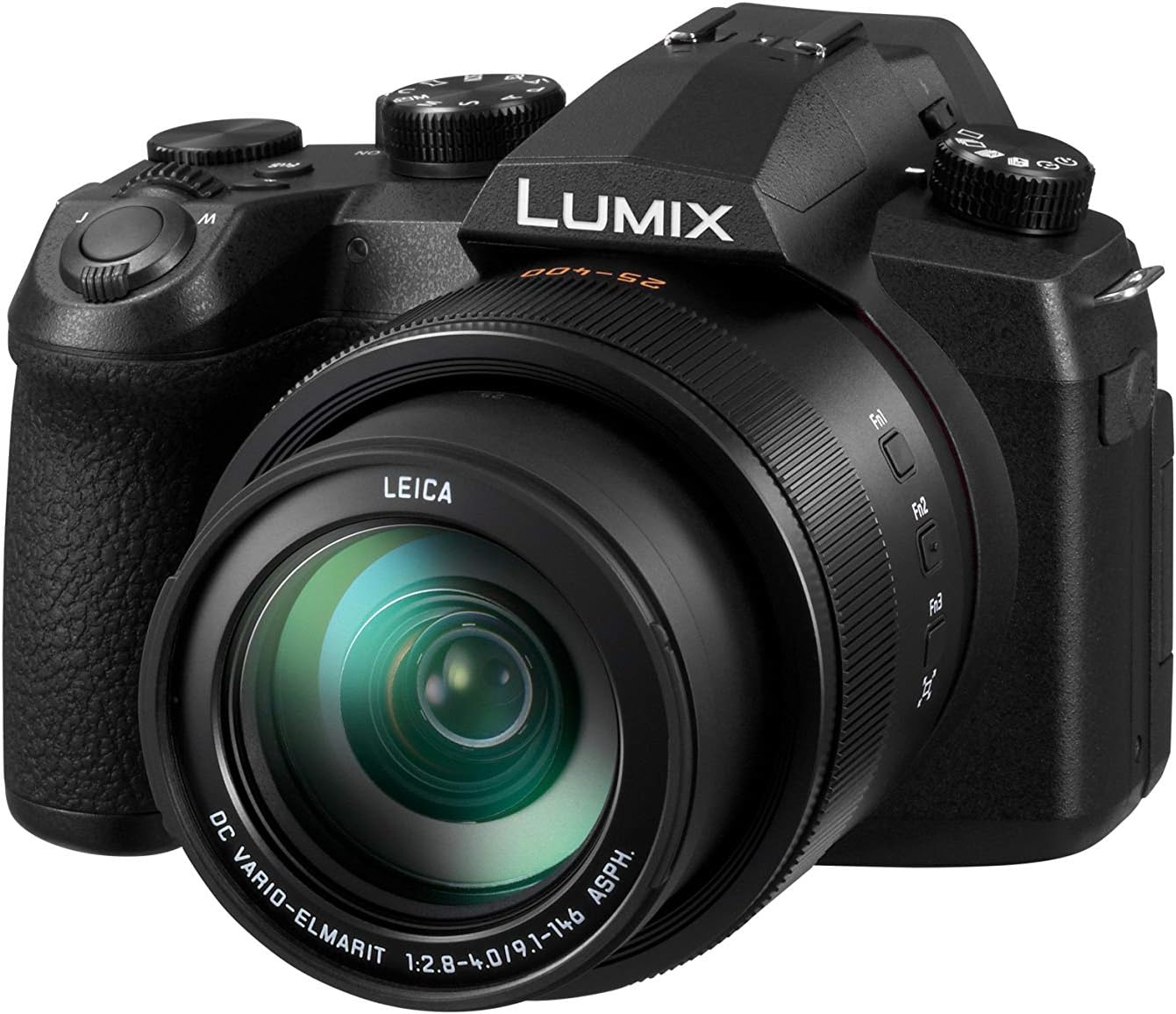 
|
The term bridge can be interpreted as a step towards the
serious enthusiast or professional camera which is the -
DSLR (Digital
Single Lens Reflex)
& Micro Four Thirds. So named because
in the days of
film, an SLR camera enabled the photographer to view the subject via a
mirror and a set of prisms through the same lens used for taking the
photograph and could therefore see exactly what was "in the frame".
This holds true for a DSLR camera
although some of the most recent
cameras do away with the mirror and prisms and present the subject in
the
viewfinder (or on the camera's screen) electronically.
DSLR cameras
offer the most flexibility, tend to have considerably more functions,
are more robust and yes - are the most expensive. To buy a DSLR is to
buy into a system - of lenses and other accessories. It is a longer
term investment.
|
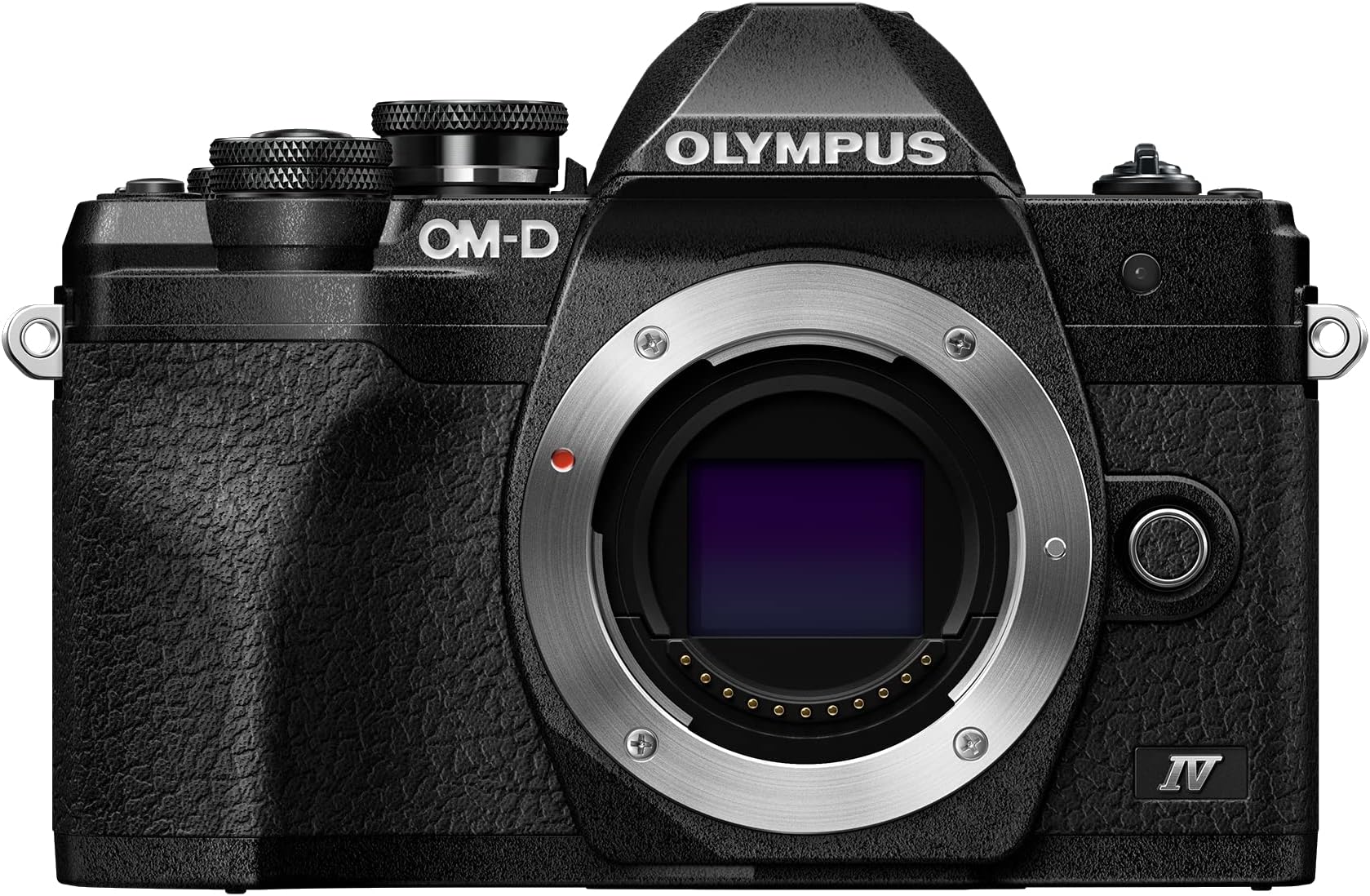 
|
An important point to look for - although a DSLR may sound complex at
first, many come with presets which make them just as easy to learn
with as a compact, so there's no need to be put off.
What do I use? I look for quality of build and performance, leading
edge technology with ease of use, value for money; and most of all - I
like to travel light.
Final thought - "Don't be misled by the MegaPixel Race". All of today's
digital cameras have enough pixels to produce superb photographs.
To recall the favourite saying in the TV comedy series "The Rag Trade"
-
for those of us who remember it - Never mind the Quality, feel the
Width; or in this case -
"Never mind the pixels, feel
the glass."
Which lenses are right for you? Here's a superb book that will provide
the answers -
Lenses
for Digital SLRs: The Complete Guide
If you have unanswered questions about your next new camera - please
ask them in the comment section
below or
contact
me.



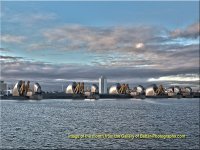

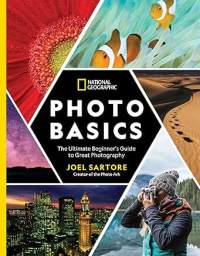








New! Comments
Have your say about what you just read! Leave me a comment in the box below.